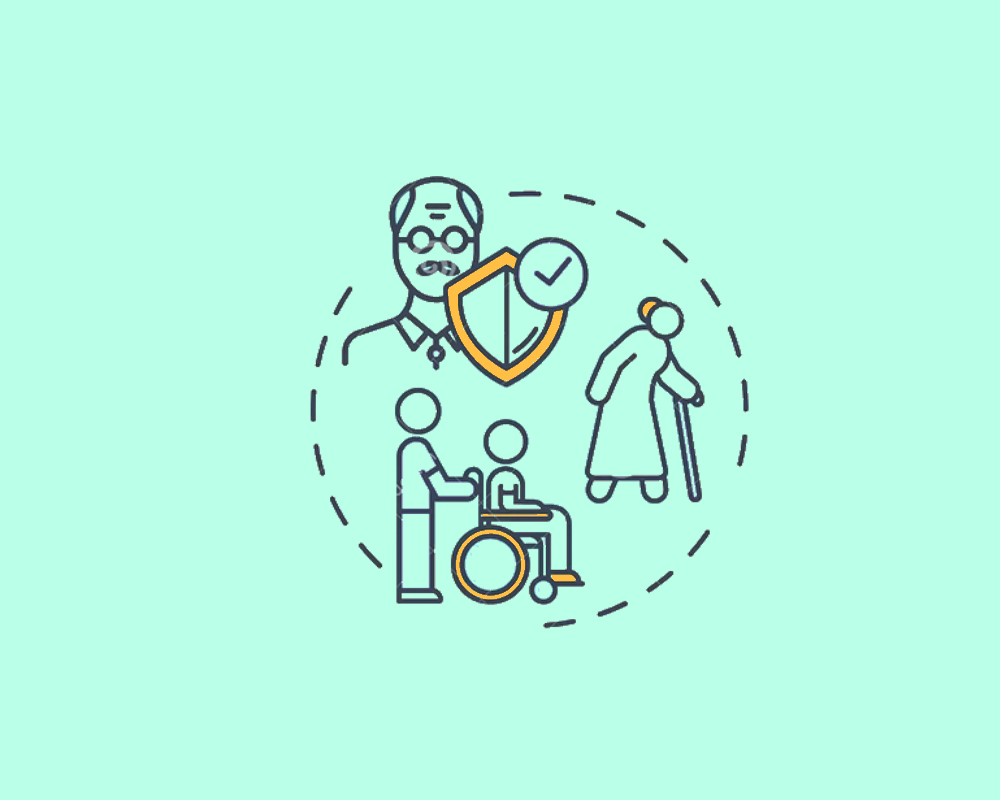Maximizing the pre-stroke functional skills is the aim of stroke recovery. You may learn all about the stroke rehabilitation and caregiving process in this in-depth article.
Training the stroke survivor in techniques to increase their independence and safety is another important goal of stroke rehabilitation. Another objective is to educate and train family caregivers to successfully assist with everyday routines.
Each person’s road to recovery from a stroke is different and impacted by their areas of need, their rehabilitation and life objectives, the type and severity of their stroke, and their previous level of independence.
Although there are some parallels, any expert in stroke rehabilitation will tell you that once you’ve met one person who is recovering from a stroke, you’ve met one person who is recovering from a stroke.
Don’t Miss: 5 Indicators That Your Loved One Could Be at Risk of Falling
Since no one should be reduced to a diagnosis or group of symptoms, the competent specialists involved in stroke care and rehabilitation know to treat the patient first.
What then does stroke recovery, rehab, and care entail?
It’s helpful to look at some recurring motifs in the stroke recovery process, even though the quick answer is “it varies.” In this way, if you or someone you know has a stroke, you can get an idea of what to expect.
Let’s look at the usual stroke recovery process from a timeline perspective to understand what the main objectives of therapy are at each step.
The timetable we’ll employ is as follows:
- The Short-Term Recovery from a Stroke
- The Post-Acute Stage of Stroke Recovery
- Stroke treatment and care
- Stroke Treatment After the Hospital Phase

Treatment, Assistance, and Support During the Acute Phase of Stroke Recovery
The period after a stroke until a person’s condition is stable enough to move into a higher level of care for ongoing rehabilitation and recovery is known as the acute phase.
The acute care phase of stroke recovery, which is typically offered in a hospital, is concerned with saving the person’s life, identifying the cause, location, and severity of the stroke, and averting the development of additional health problems.
The following qualified individuals offer intensive care and therapy during the early stages of stroke recovery:
- Doctors (including specialists like neurologists, neurosurgeons, and vascular surgeons)
- Nurses
- Therapists of speech and language
- Occupational therapists
- Personal therapist
- Breathing specialists
- Dieticians
- The social workers
- Pharmacists
During this stage, experts such as orthopedists may be contacted in some cases to decide whether supports for physical functioning and healing need to be constructed or provided.
Stroke Rehabilitation, Recovery and Care: The Post-Acute Phase
When it comes to outward recovery, this is the phase of stroke rehabilitation where the real work begins.
A team of highly qualified rehabilitation specialists will work closely with you during this period to improve your chances of recovery.
Stroke Treatment After the Hospital Phase
Recovery from a stroke takes time. Although the majority of healing occurs in the weeks and months after a stroke, the reality is that recovery continues well after this window of time.
A stroke recovery procedure is also quite individualized. Many individual characteristics will affect how quickly and how much you can recover.
Following a stroke, some people are able to move back home and live independently. Others need family caregiver assistance or home health care support to live comfortably in their homes.
You have access to a wide range of tools and options for assistance. Considering your particular requirements and situation, pick the finest options for you.
We really hope that this post has helped to clarify the recovery after a stroke process and has given you knowledge to investigate to find the best solutions for you.
Also Read: Alzheimer’s Disease And Home Safety Tips
